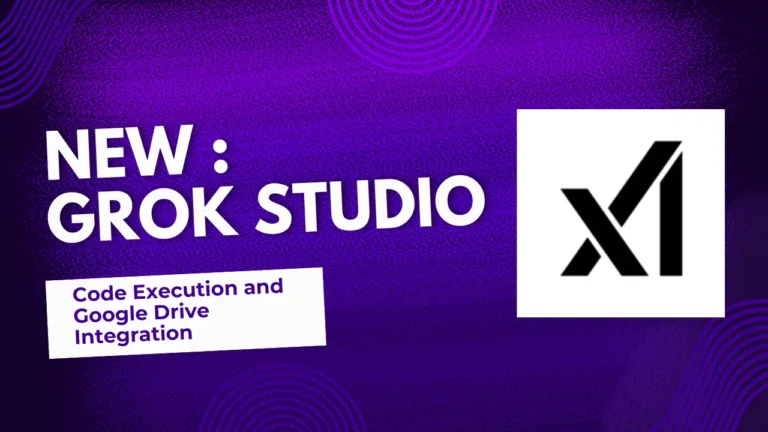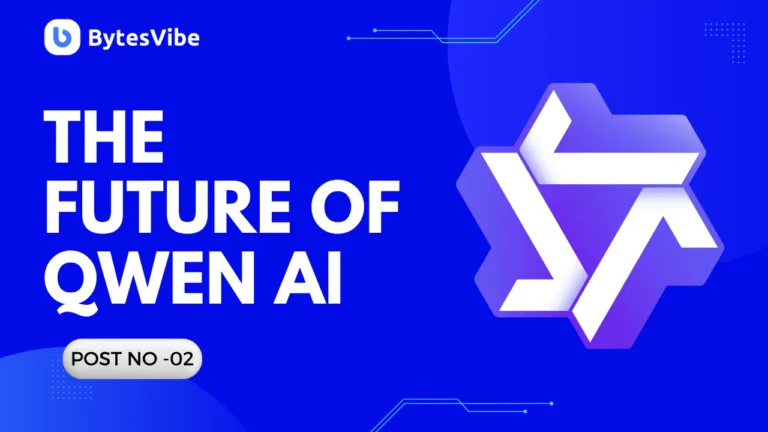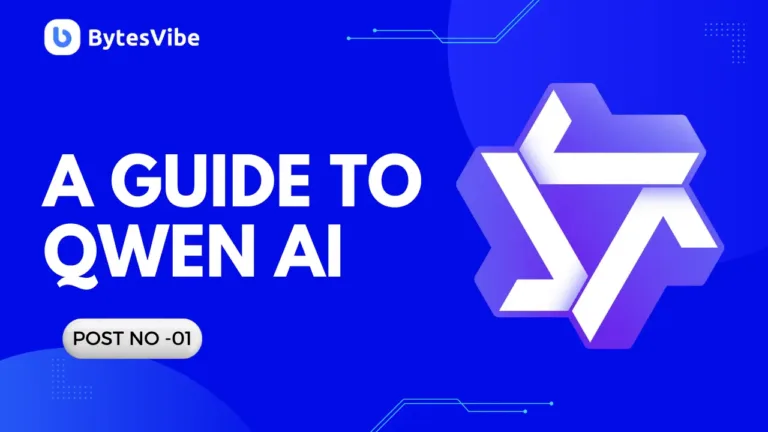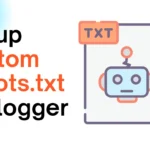In the fast-evolving world of artificial intelligence, two names frequently dominate the conversation: Qwen AI and ChatGPT. As businesses, developers, and everyday users seek the best AI tools for their needs, the question arises—Is Qwen AI better than ChatGPT? At Bytes Vibe, we’re diving deep into this comparison to explore their features, performance, and real-world applications. Whether you’re optimizing workflows, generating content, or building innovative solutions, this guide will help you decide which AI powerhouse suits you best in 2025.
What Is Qwen AI?

Qwen AI, developed by Alibaba Cloud, is a family of large language models (LLMs) designed to tackle a wide range of tasks, from natural language processing (NLP) to multimodal capabilities like image and video generation. Launched as an open-source initiative, Qwen has quickly gained traction for its scalability, affordability, and robust performance. The latest iteration, Qwen 2.5, offers models ranging from 0.5 billion to 72 billion parameters, catering to both lightweight and enterprise-grade applications.
Key features of Qwen AI include:
What Is ChatGPT?
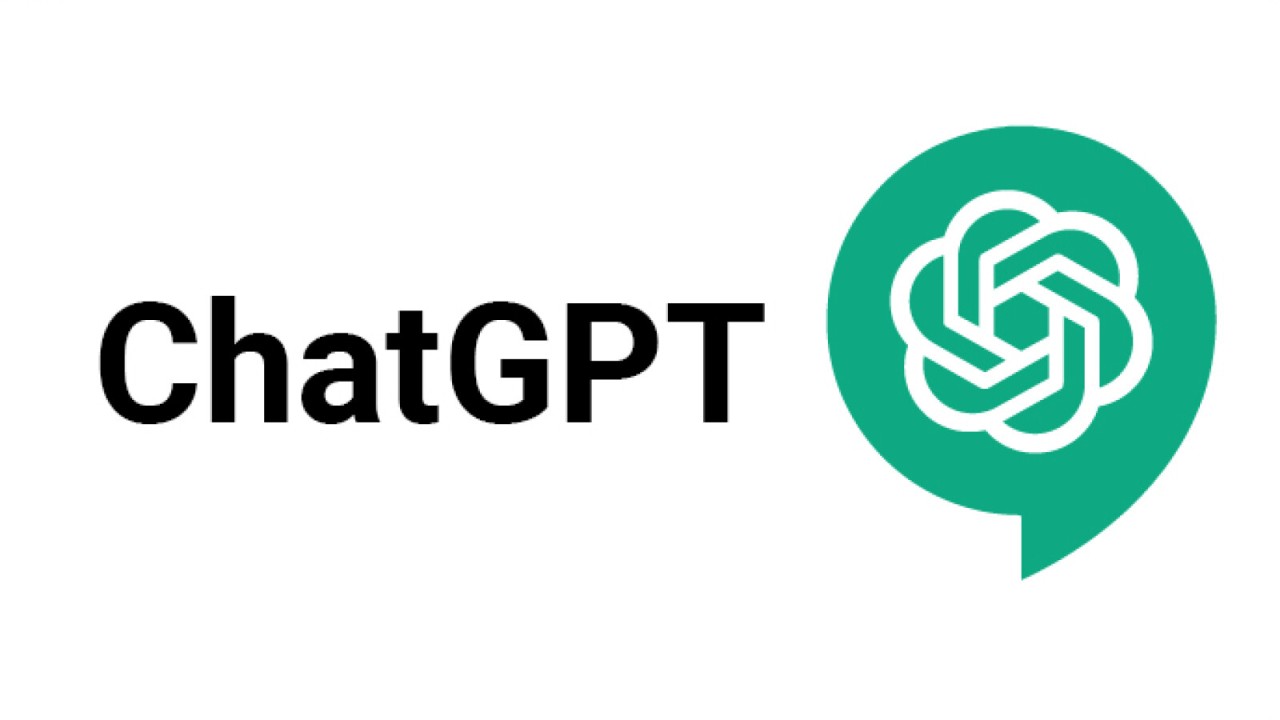
ChatGPT, created by OpenAI, is the gold standard in conversational AI. Built on the GPT architecture (with GPT-4o as its latest flagship), it’s renowned for its fluency, creativity, and versatility. From casual chats to complex problem-solving, ChatGPT has set the benchmark for what AI can achieve. However, its premium features come at a cost, with pricing starting at $5 per million tokens for GPT-4o and a subscription model for advanced capabilities.
Key features of ChatGPT include:
Qwen AI vs. ChatGPT: Comparison
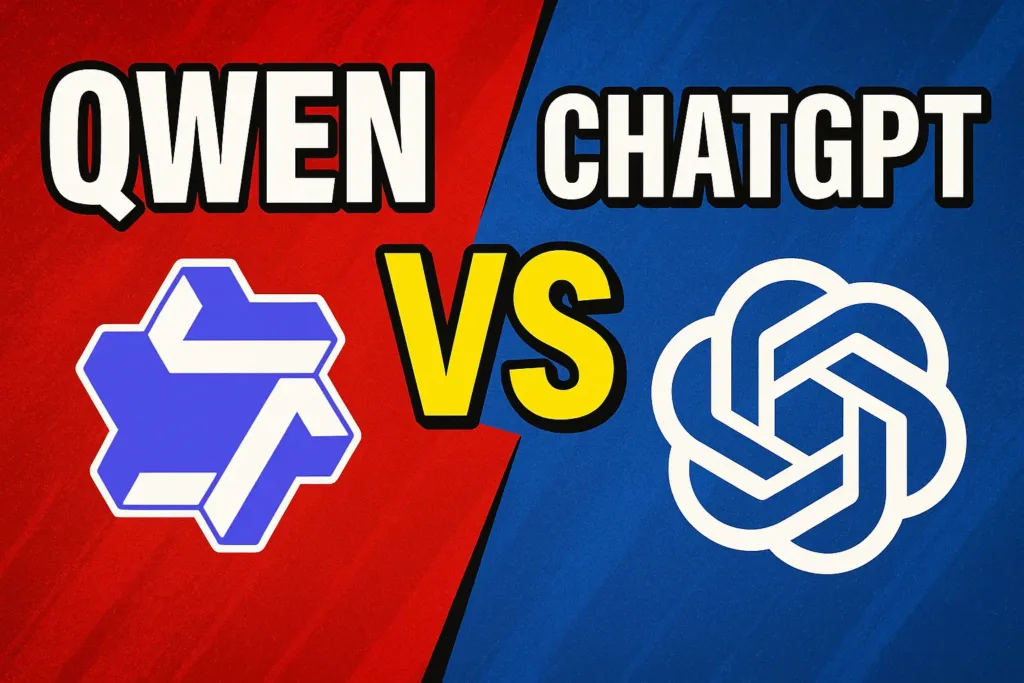
To determine whether Qwen AI outshines ChatGPT, let’s break it down across critical factors: performance, cost, usability, and use cases.
1. Performance and Capabilities
Qwen AI: Qwen 2.5 has made waves with its benchmark results. It scores 89.4% on Arena-Hard (reasoning), 92.7% on HumanEval (coding), and 60.1% on GPQA-Diamond (scientific reasoning). Its ability to process up to 128K tokens makes it ideal for long-context tasks like document analysis or extended conversations. Specialized models like Qwen 2.5-Coder excel in programming, often outperforming ChatGPT in code accuracy and error handling.
ChatGPT: Powered by GPT-4o, ChatGPT delivers top-tier performance with a 96.7% score on the AIME math exam and strong results in creative writing and general knowledge. It shines in conversational fluency and quick prototyping but can falter with highly specialized tasks unless fine-tuned. Its context window, while impressive, caps at 128K tokens in premium tiers, matching Qwen but not exceeding it.
Verdict: Qwen AI edges out ChatGPT in coding and long-context tasks, while ChatGPT remains unmatched in conversational depth and creative output.
2. Cost and Accessibility
Qwen AI: One of Qwen’s biggest strengths is its affordability. Open-source models (up to 72B parameters) are free to use locally, and its API pricing ($0.38/million tokens) is a fraction of ChatGPT’s. This makes Qwen a go-to for budget-conscious developers and businesses.
ChatGPT: ChatGPT offers a free tier (based on GPT-3.5), but its advanced features—like GPT-4o and web search—are locked behind a paywall. At $5/million tokens for GPT-4o, it’s significantly pricier, targeting users willing to invest in premium performance.
Verdict: Qwen AI wins on cost and accessibility, especially for open-source enthusiasts and small-scale projects.
3. Usability and Integration
Qwen AI: Qwen’s web-based Qwen Chat interface is user-friendly, offering text, image, and video generation in one platform. Its open-source nature allows developers to customize and deploy it locally, though this requires technical expertise. API compatibility with OpenAI’s ecosystem simplifies integration for existing workflows.
ChatGPT: ChatGPT’s intuitive interface and widespread adoption make it a plug-and-play solution for non-technical users. Its premium integrations (e.g., DALL·E, Code Interpreter) enhance usability, but customization is limited compared to Qwen’s open-source flexibility.
Verdict: ChatGPT is easier for beginners, while Qwen offers more control for advanced users.
4. Real-World Use Cases
Qwen AI:
- Developers: Qwen 2.5-Coder generates accurate, well-commented code—perfect for software development and debugging.
- Businesses: Affordable enterprise solutions for customer support, data analysis, and automation.
- Researchers: Long-context capabilities suit academic research and large-scale text processing.
ChatGPT:
- Content Creators: Unrivaled for writing blogs, scripts, or marketing copy with a human touch.
- Professionals: Premium features like video generation and web search cater to media and business needs.
- Educators: Great for tutoring, brainstorming, and explaining complex topics.
Verdict: Qwen excels in technical and cost-sensitive scenarios; ChatGPT dominates creative and premium applications.
Pros and Cons of Qwen and Chat GPT
Qwen AI
Pros:
- Affordable and open-source.
- Superior coding and long-context performance.
- Multimodal features (text, image, video) for free.
Cons:
- Less polished in creative writing compared to ChatGPT.
- Slower initial response times due to server load.
ChatGPT
Pros:
- Best-in-class conversational AI.
- Fast, reliable responses.
- Broad premium feature set.
Cons:
- Expensive for advanced use.
- Limited customization options.
Is Qwen AI Better Than ChatGPT?
The answer depends on your needs. If you prioritize cost-effectiveness, coding accuracy, or long-context processing, Qwen AI is the better choice in 2025. Its open-source flexibility and competitive performance make it a rising star, especially for developers and businesses on a budget. However, if you value conversational fluency, creative output, or premium integrations, ChatGPT remains the leader.
At Bytes Vibe, we see Qwen AI as a disruptor challenging ChatGPT’s dominance. While it may not dethrone ChatGPT entirely, Qwen’s rapid evolution signals a shift in the AI landscape—one where affordability and specialization matter as much as raw power.
Final Thoughts
Both Qwen AI and ChatGPT are exceptional tools, each with unique strengths. For the latest insights on AI trends and comparisons, stick with Bytes Vibe. Want to explore these models yourself? Try Qwen AI’s free platform or ChatGPT’s free tier today and see which one vibes with your goals.

